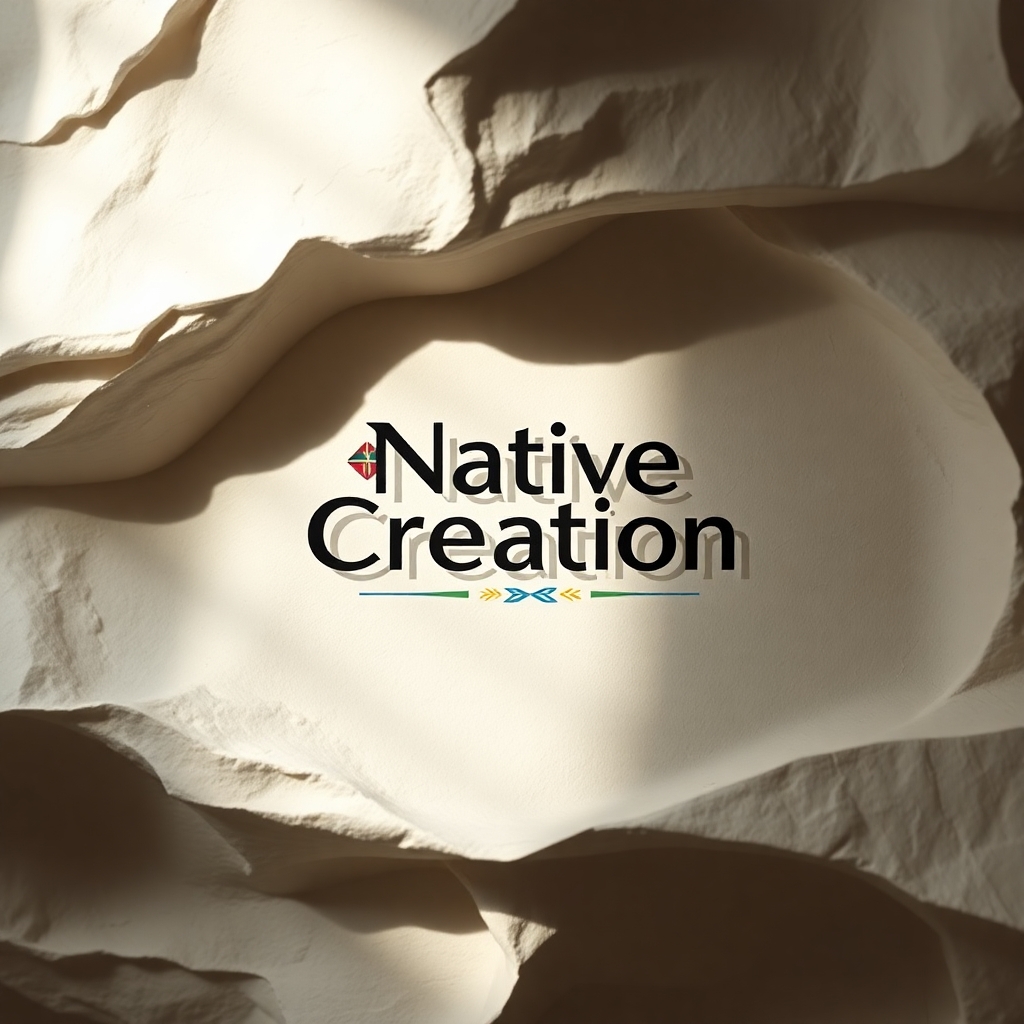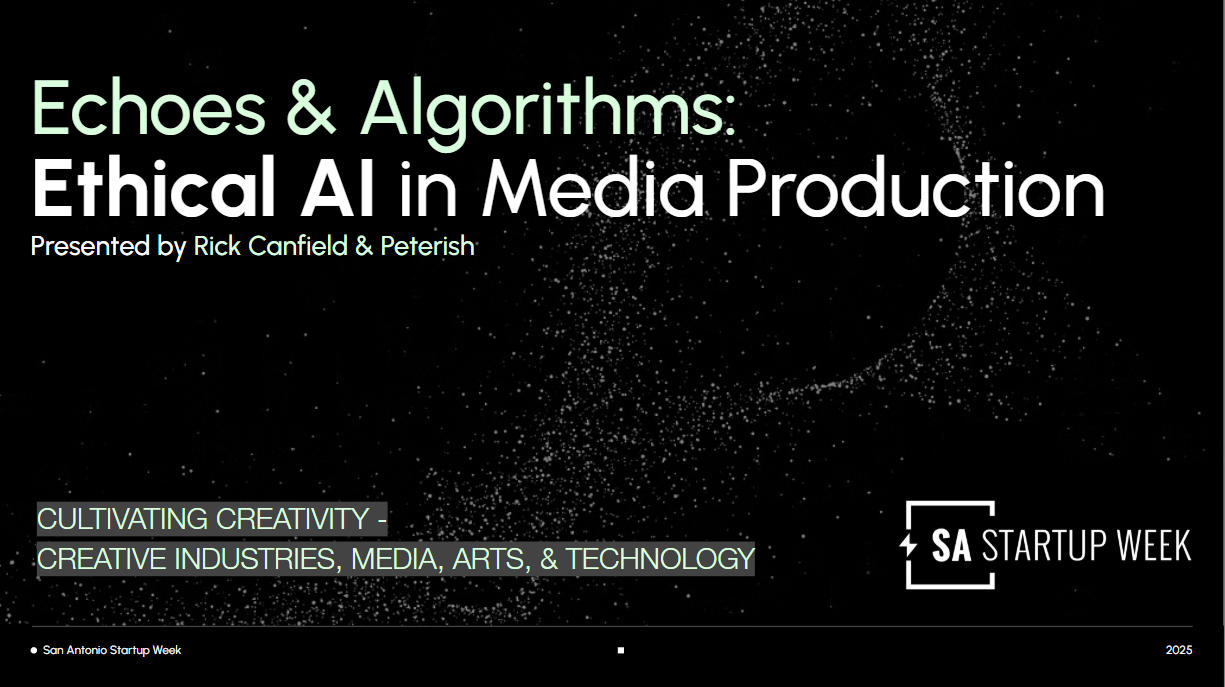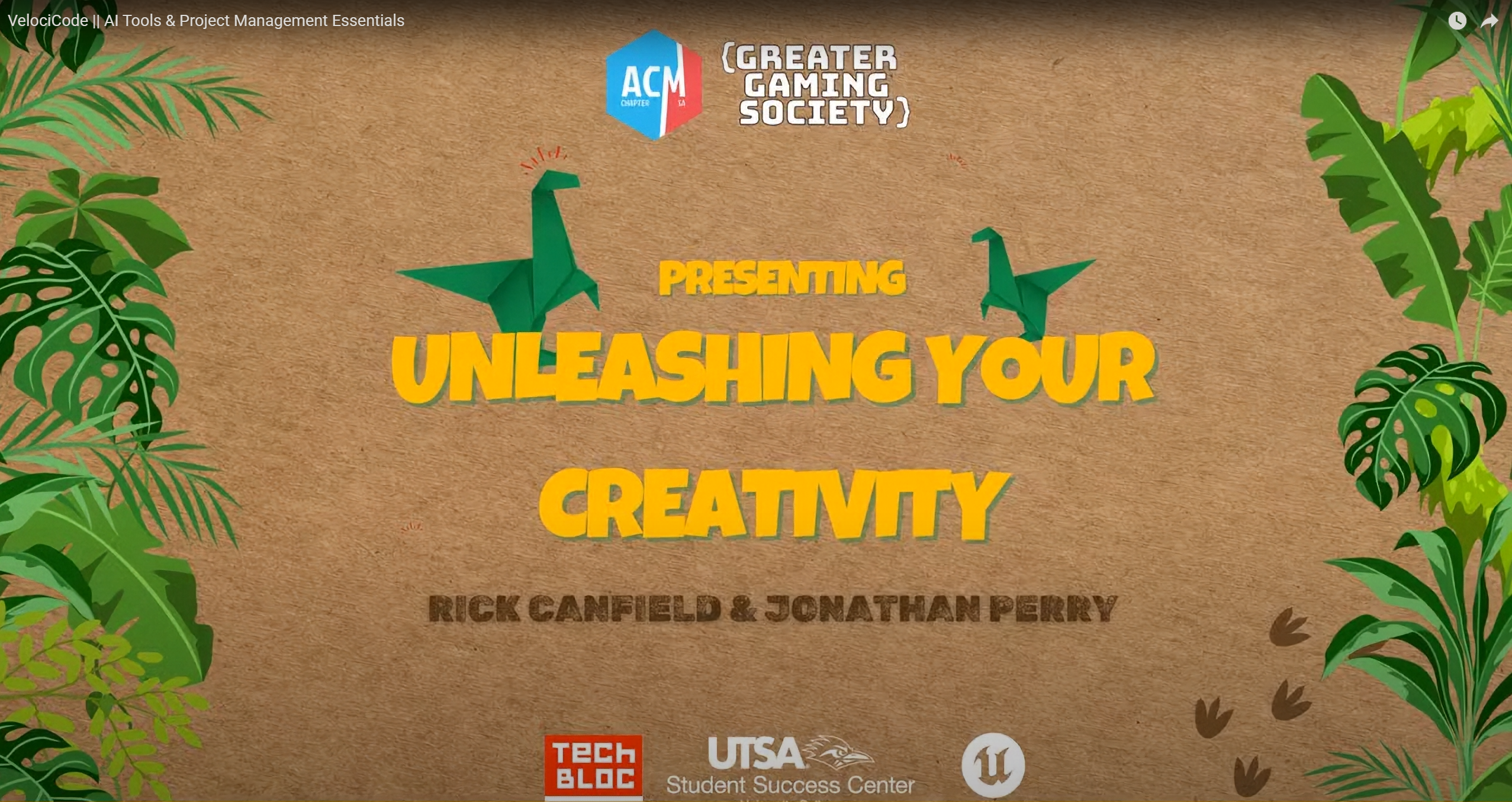Drop the Mic, Mint the Moment: How the Metaverse is Rewriting the Musician’s Business Model
The music industry has long been a story of great art and terrible economics. For decades, the lion’s share of revenue—from physical album sales to streaming royalties—went to labels and platforms, leaving artists with scraps. The Metaverse is not just offering musicians a new venue; it’s providing the tools to dismantle the old system and build a direct, decentralized relationship with fans.
This is the era of the Music NFT and the Virtual Performance, empowering artists to control their art, their revenue, and their destiny.
1. The Death of the Middleman: Ownership via NFTs
Music NFTs (Non-Fungible Tokens) are fundamentally changing music ownership and revenue streams.
- Tokenizing Royalties: Instead of waiting for minuscule streaming payments, artists can tokenize a percentage of their song’s future royalties and sell those fractionalized ownership tokens directly to their fans. This creates a powerful mutual incentive: fans invest in music they believe in, and the artist gains direct, immediate funding for their next project.
- Exclusive Access and Utility: The NFT transforms from a mere collectible into a VIP Key.
- Example: Bands like Kings of Leon were early pioneers, releasing albums as NFTs that granted holders perks like digital album ownership, special artwork, and—most importantly—front-row seats to future concerts.
- Digital Merch: Artists sell unique digital wearables (virtual jackets, accessories, avatar skins) that fans can wear in platforms like Roblox or Fortnite. This is a highly scalable, high-margin revenue stream that doubles as free marketing.
- Verifiable Authenticity: NFTs provide immutable proof of authenticity for rare albums, limited-edition masters, or digital art tied to a song, fighting counterfeiting and ensuring creators are compensated on secondary sales via smart contracts.
2. The Immersive Stage: Virtual Concerts and Global Reach
The virtual concert experience has gone from a pandemic novelty to a high-production revenue generator, attracting audiences that dwarf physical venues.
- Defying Physics: Artists like Travis Scott and Ariana Grande have hosted spectacular, gravity-defying virtual performances in games like Fortnite, reaching tens of millions of fans globally without the logistics or cost of a physical tour. The stage isn’t limited by architecture; it’s limited only by imagination.
- Enhanced Interactivity: Virtual venues—like those being developed by Warner Music Group in platforms like The Sandbox—allow fans to:
- Socialize: Dance, jump, and interact with fellow fans and the artist’s avatar in real time.
- Co-Create: Participate in interactive light shows or live chats where the artist takes direct requests.
- Personalize: Purchase digital merchandise to instantly outfit their avatar, further personalizing the experience.
- Inclusivity and Cost-Effectiveness: Virtual performances break down geographical barriers, allowing fans with mobility issues, financial constraints, or remote locations to attend a “front-row” show. This expands the artist’s global audience while offering a cost-effective alternative to touring.
3. The Creative Revolution: Music as a World
The metaverse treats music as more than just an audio file; it treats it as an experiential landscape.
- Interactive Music Videos: Artists are building entire 3D worlds around their songs. Fans don’t just watch a video; they walk inside the narrative, exploring environments, collecting clues, or interacting with characters that bring the lyrics to life.
- Audio-Visual Fusion: The metaverse encourages interdisciplinary collaboration, pairing musicians with 3D designers and visual artists to create rich, multi-sensory experiences that redefine the album launch.
For musicians, the message is clear: the passive streaming model offers minimal return. The metaverse offers true creative autonomy and the chance to build a decentralized digital nation where the value flows directly from the fan to the creator. It’s time to stop chasing royalties and start minting moments.
- Echoes & Algorithms: Ethical AI in Media Production - October 28, 2025
- Creativity and AI Ethics: An Essential Toolkit for Game Dev Success - August 1, 2025
- Echoes on the Canyon Walls: Why the Pecos Rock Art is North America’s Oldest Grand Media - May 1, 2025






